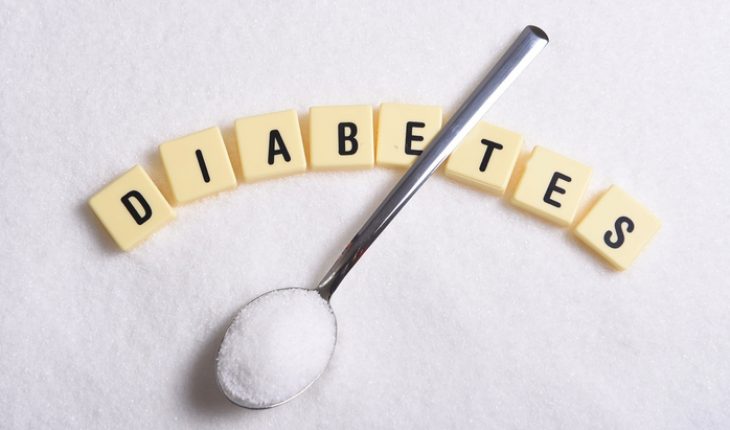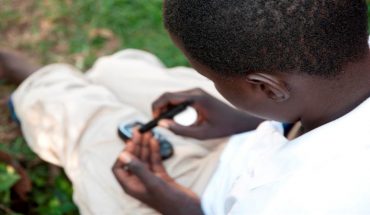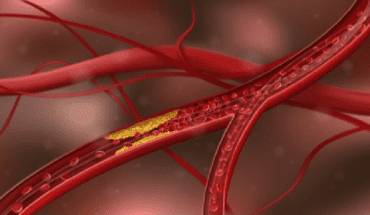Diabetes UK responds to new DIY artificial pancreas guidance published in The Lancet Diabetes & Endocrinology on Sunday (14 November) about guidance for people with type 1 diabetes using DIY technology to manage their condition.
Nikki Joule is Policy Manager at Diabetes UK, said:
“Do-it-yourself artificial pancreas technology is a great example of patient-led innovation and we know that growing numbers of people with diabetes across the UK are using it.“Having international professional consensus on this subject is important, and we hope UK regulators will pay attention to these recommendations. Particularly, we hope the Medicines and Healthcare products Regulatory Authority (MHRA) will now seek to provide clarity on their legal interpretations of this technology. The ongoing MHRA consultation on the regulation of medical devices is an ideal opportunity to ensure they can do this.“Diabetes UK understands why people choose to turn to DIY closed-loop solutions, given that access to regulated equivalents is very limited. We look forward to the Scottish Health Technologies Group review and National Institute for Health and Care Excellence appraisal of hybrid closed-loop systems, which we hope will soon see more people accessing this life-changing technology in the NHS.”
What is a DIY closed loop system?
A DIY closed loop system is a way to manage diabetes. There are three systems, OpenAPS, Loop and AndroidAPS. They use the following pieces of tech:
- continuous glucose monitor (CGM)
- insulin pump
- small computer and battery pack (Open APS only)
- phone (loop needs an iPhone, Android, APS needs an Android phone)
- pump communication device, aka Rileylink (loop only).
The idea is that this group of technology works together to behave in a way similar to the pancreas.
The CGM will send your blood sugar levels to the looping programme and that will then tell the insulin pump how much insulin is needed. It does this by using an algorithm that has been tested by a community of users.
- New study challenges social media’s mental health impact - 21st November 2024
- Do Finland introduces a new care pathway for epilepsy - 21st November 2024
- Innovative swim program for people with cerebral palsy - 21st November 2024






